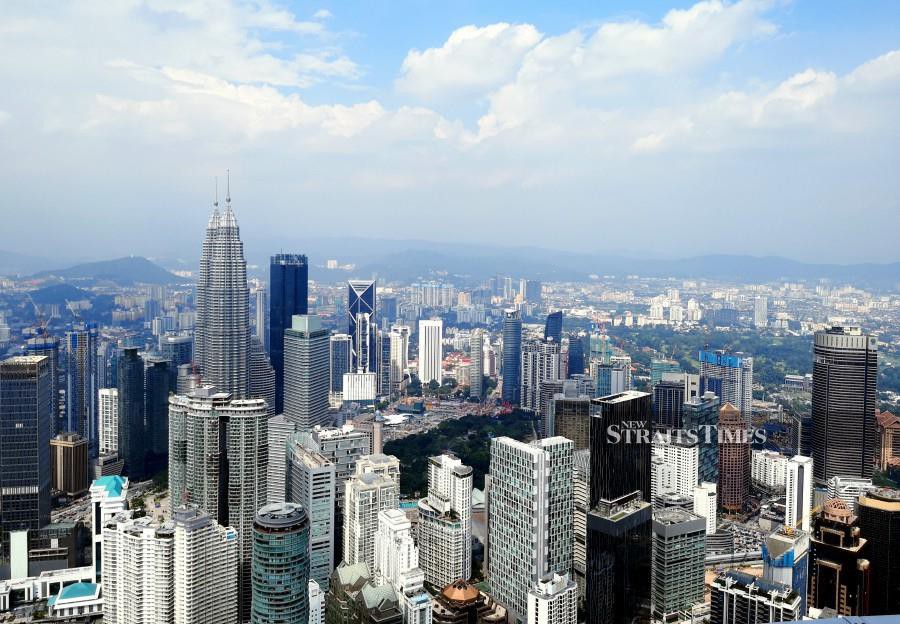SINGAPORE: Travellers from more countries will be allowed to serve their 14-day stay-home notice at their place of residence in Singapore instead of a dedicated facility from Nov 4.
The countries are Estonia, Fiji, Finland, Japan, Norway, South Korea, Sri Lanka, Thailand and Turkey, said the Ministry of Health (MOH) in a news release on Tuesday (Oct 27).
To be able to opt out of staying at a dedicated facility, travellers from those places must not have visited any other country in the last 14 days before entering Singapore.
They must also be living alone at their place of residence or with household members who are also serving a stay-home notice of the same duration and with the same travel history.
Applications to opt out of dedicated facilities open on Nov 2, for arrivals on or after Nov 4.
Singapore citizens and permanent residents must submit an application before their arrival through the Safe Travel Office website.
"All travellers must present the approval to opt out upon arrival in Singapore," said MOH.
"As the list of countries will be updated from time to time depending on the public health risk assessment, all travellers must be prepared to be subject to the prevailing border measures upon entry, including stay in dedicated SHN (stay-home notice) facilities and payment, where applicable."
Currently, except for countries that Singapore has unilaterally opened up to, travellers from selected low-risk countries or regions must serve a seven-day stay-home notice at their place of residence or suitable accommodation of their choice. All other travellers must serve a 14-day stay-home notice at dedicated facilities.
All travellers who opt out of staying in dedicated facilities must stay in their declared place of residence at all times. They will be subject to electronic monitoring and physical spot checks.
TRAVELLERS TO BEAR COST OF STAY AT DEDICATED FACILITIES
MOH also announced that from Jan 1, 2021, the Government will no longer waive the costs of staying at dedicated stay-home notice facilities for Singapore citizens and permanent residents who last left Singapore before Mar 27.
This is because the "vast majority" of Singapore citizens and PRs who last left Singapore within the past year have returned, the ministry said.
The Government will also no longer foot inpatient medical bills for Singapore citizens, PRs and long-term pass holders (LTPHs) who left the country before Mar 27 if they develop COVID-19 symptoms within 14 days of their arrival in Singapore.
This will take effect from Jan 1 next year.
“They will be able to tap on regular healthcare financial arrangements for their inpatient medical bills – SCs and PRs may access Government subsidies and MediShield Life/Integrated Shield Plan to help pay for their bills, while LTPHs may tap on their usual financing arrangements, such as private insurance,” the ministry said.
It added that Singapore’s border measures will evolve as the global COVID-19 situation changes.
“We will continue to monitor the global health situation closely and update our border measures in accordance with the public health risk assessment," said MOH.
“If the situation in a country/region deteriorates, more stringent measures will be put in place to limit the risk of importation and prevent community transmission from imported cases.”




